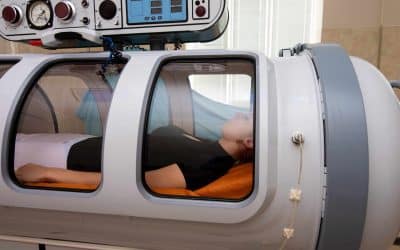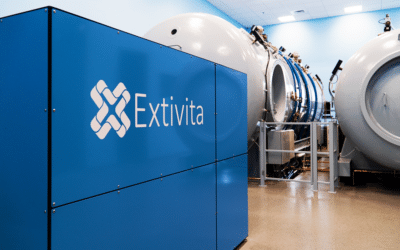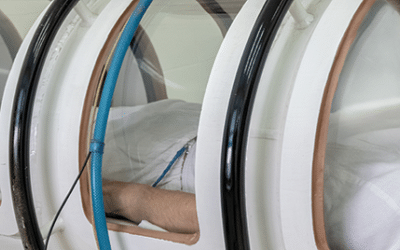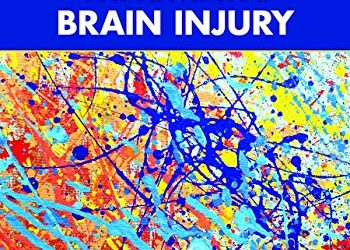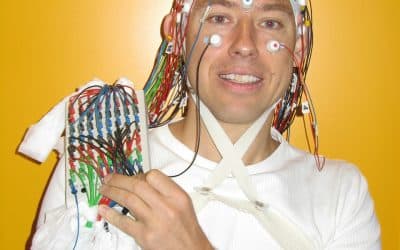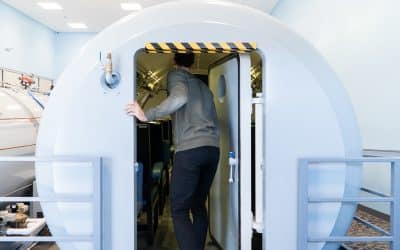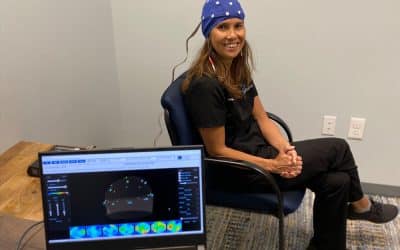Hyperbaric Oxygen Therapy helps heal a severe traumatic brain injury in India! Not all hopes die if you know the way out and believe in miracles. When 36-year-old Mr. Pravin Raj Radha met with a fatal accident in the US after he fell from his bicycle in May 2022, he...
Key TBI Research
Hyperbaric Oxygen Therapy (HBOT) Research for Traumatic Brain Injury (TBI).
Can Hyperbaric Oxygen Heal Your Brain?
Research supports hyperbaric oxygen therapy as a treatment for mild brain injuries and Alzheimers disease, but it remains controversial as a treatment for autism.(Nakleyka/Shuttertock) A new study shows promising results for this alternative treatment BY JENNIFER...
Systematic Review and Dosage Analysis: Hyperbaric Oxygen Therapy Efficacy in Mild Traumatic Brain Injury Persistent Postconcussion Syndrome
Background: Mild traumatic brain injury results in over 15% of patients progressing to Persistent Postconcussion Syndrome, a condition with significant consequences and limited treatment options. Hyperbaric oxygen therapy has been applied to Persistent Postconcussion...
Treatment of Traumatic Brain Injury With Hyperbaric Oxygen Therapy
Hyperbaric oxygen therapy (HBOT) is defined as the use of oxygen at higher than atmospheric pressure for the treatment of underlying disease processes and the diseases they produce. Modern HBOT in which 100% O2 is breathed in a pressurized chamber dates back to the 1930s, when it was first used for treatment of decompression illness in divers. There are currently 13 FDA-approved uses for HBOT, including decompression illness, gas gangrene, air embolism, osteomyelitis, radiation necrosis, and the most recent addition—diabetic ulcers. HBOT can dramatically and permanently improve symptoms of chronic TBI months or even many years after the original head injury. This assertion is generally met with skepticism within the medical establishment because we have been taught for generations that any post-concussion symptoms persisting more than 6 months or so after a head injury are due to permanent brain damage that cannot be repaired.
Textbook of Traumatic Brain Injury
Despite the increased public awareness of traumatic brain injury (TBI), the complexities of the neuropsychiatric, neuropsychological, neurological, and other physical consequences of TBI of all severities across the lifespan remain incompletely understood by patients,...
Vitamin C alleviates LPS-induced cognitive impairment in mice by suppressing neuroinflammation and oxidative stress
Abstract Neuroinflammation is believed to be one of the primary causes of cognitive impairment. Previous studies showed that the antioxidant vitamin C (Vit C) performs many beneficial functions such as immunostimulant and anti-inflammatory actions, but its role in...
EEG Neurofeedback therapy: Can it attenuate brain changes in TBI?
Abstract Background: Electroencephalogram Neurofeedback therapy (EEG-NFT) has several potential beneficial effects in terms of improving cognition and electrophysiological regulation among patients with brain injury. However, in vivo structural and functional changes...
Reflections on the neurotherapeutic effects of hyperbaric oxygen.
Traumatic brain injury (TBI) and stroke are the major causes of brain damage and chronic neurological impairments. There is no agreed-upon effective metabolic intervention for TBI and stroke patients with chronic neurological dysfunction. Clinical studies published this year present convincing evidence that hyperbaric oxygen therapy (HBOT) might be the coveted neurotherapeutic method for brain repair. Here we discuss the multi-faceted role of HBOT in neurotherapeutics, in light of recent persuasive evidence for HBOT efficacy in brain repair and the new understanding of brain energy management and response to damage. We discuss optimal timing of treatment, dosage, suitable candidates and promising future directions.
Silent Epidemic: The Effects of Neurofeedback on Quality-of-Life
Abstract Background: The complex interaction of human, vehicle and environmental factors along with a lack of sustainable preventive programs has contributed to the "silent epidemic" of traumatic brain injuries (TBI). TBI poses a grave threat to the quality-of-life...


